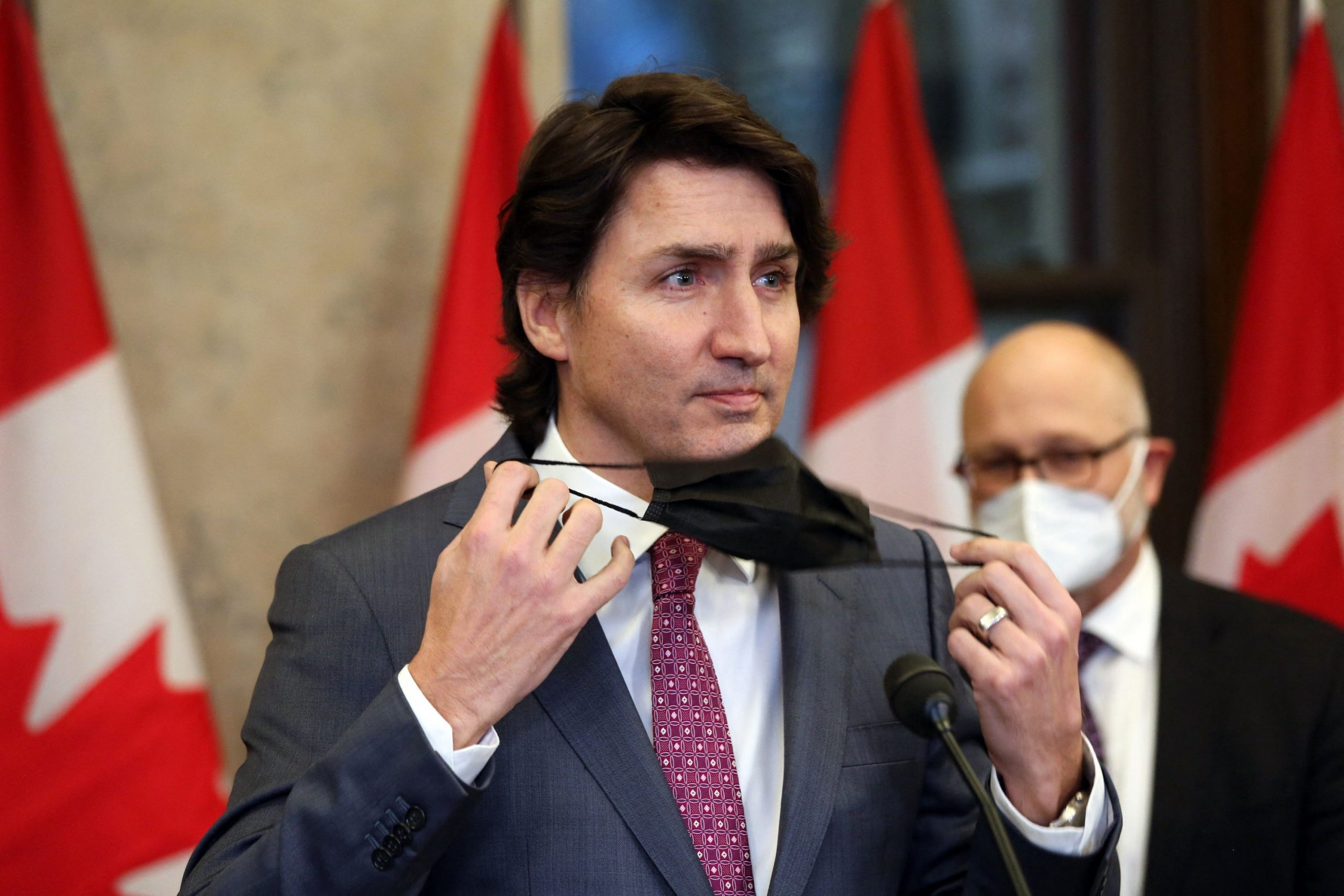
Published 06/01/2025 15:09 | Edited 06/01/2025 15:31
Canadian Prime Minister Justin Trudeau announced this Monday (6) that he will resign as leader of the Liberal Party and as prime minister after nine years in power. The country is going through a political crisis that has been going on for months and that encompasses economic, political factors and external pressures with Donald Trump’s electoral victory in the United States.
“I am resigning as party leader and prime minister,” Trudeau told reporters in Ottawa after weeks of pressure. Trudeau indicated that he will remain in the post until the party chooses a new leader.
“This country deserves a real choice in the next elections and it has become clear to me that, if I have to fight internal battles, I cannot be the best option in these elections,” he said.
On December 20, Trudeau announced changes to a third of his cabinet, in the midst of a political crisis following the surprising resignation of his Finance Minister, Chrystia Freeland. That week, the Canadian prime minister experienced increased tensions with Trump after the US president-elect announced an increase in tariffs on Canadian products.
The Trudeau government’s lack of a clear response to the trade threat has fueled distrust among allies and voters.
The loss of internal support intensified with the distancing of the New Democratic Party (NDP), which withdrew parliamentary support in September due to failure to fulfill promises to reinforce social services.
Justin Trudeu faces his biggest political crisis since coming to power nine years ago, with a minority in Parliament and growing discontent in his own bench.
The Trudeau government has also been the target of increasing criticism due to escalating inflation and the rising cost of living in Canada. With housing increasingly unaffordable and a pressured real estate market, the population has expressed dissatisfaction.
Justin Trudeau’s resignation not only marks the end of important political leadership, but also exposes the limitations of a political model that has failed to address the structural challenges posed by neoliberalism. While Canadian workers suffer from high living costs and precarious public services, the country’s political crisis serves as a warning about the risks of an agenda that favors fiscal adjustments and palliative measures to the detriment of structural and socially fair solutions.
Source: vermelho.org.br

